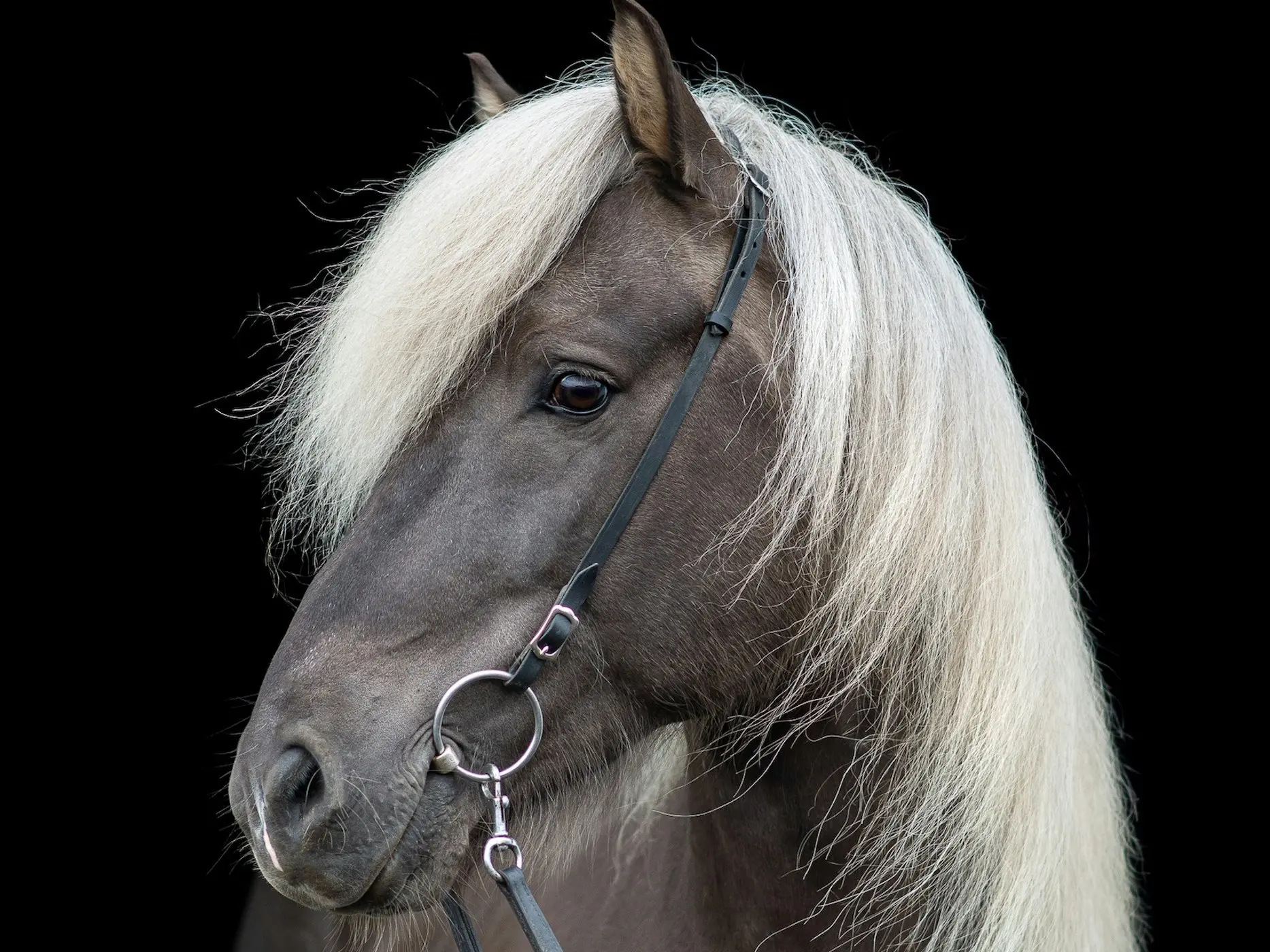
One of the rarer color dilutions, the silver gene is essentially the opposite of the cream dilution and only has an effect on hair with black or brown pigment. Chestnuts are not affected, but silver has a rather dramatic effect on black, bay and brown animals.
Silver Dilution
The dilution acts by changing black and brown pigment to a lighter color and often creating dappling on body hair. Silver is more common in gaited breeds and Shetlands than any other breed but is becoming more popular in general. The lovely results of this gene can create animals that mimic other dilutions or modifiers, making them sometimes difficult to visually identify.
Silver Problems
Unfortunately the silver mutation is also associated with Multiple Congenital Ocular Abnormalities syndrome (MCOA), which causes some defects to the eyes and eyesight of some animals. There are genetic MCOA tests breeders can use to ensure they are not breeding problematic animals. This is especially important as chestnuts can carry the gene (without affecting their color) and transmit it to their offspring.
Silver Basics
Although it only affects dark pigments, silver is rather dramatic and it gives simple black a little sparkle. While it does have an effect on bays, it creates the most notable change on black and brown animals, changing their coloring entirely.
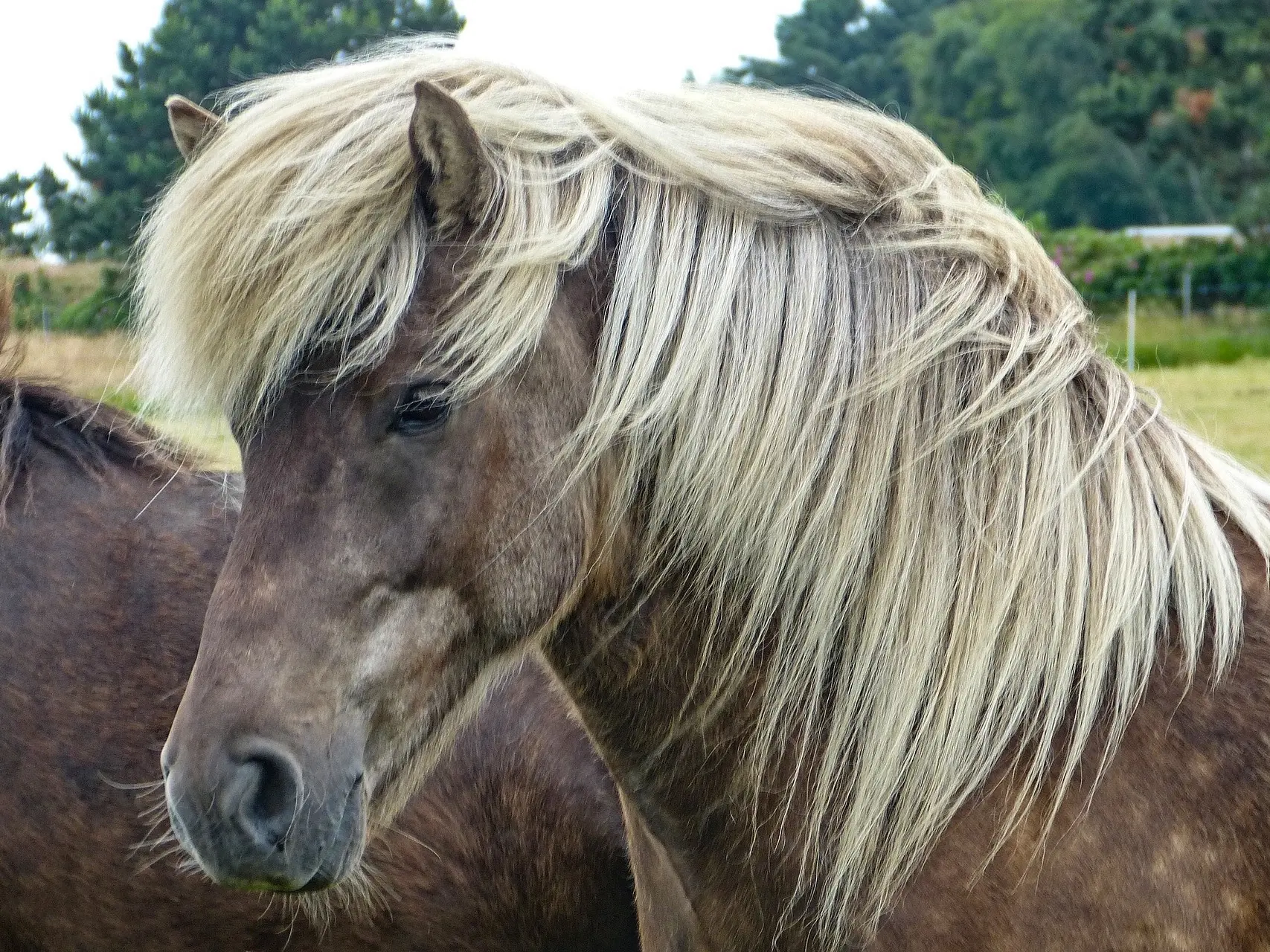 Black Base
Black BaseProbably the most dramatic change in color, silver dapple coats range from deep brown to silver grey with a silvery flaxen mane and tail.
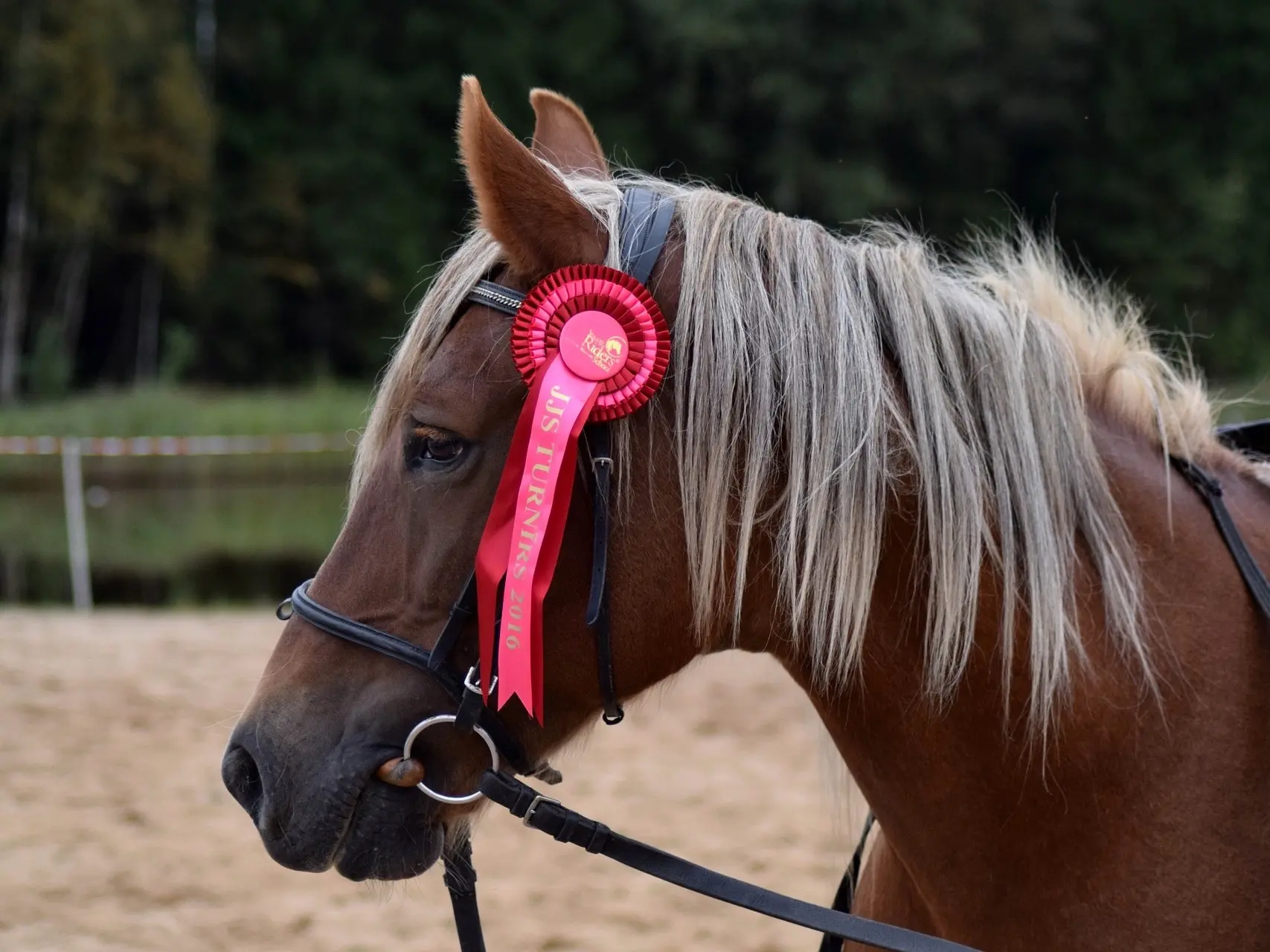 Bay Base
Bay BaseSilver doesn’t change the body color of a bay, but it does bleach their mane and tail to flaxen and dark points to a chocolate brown.
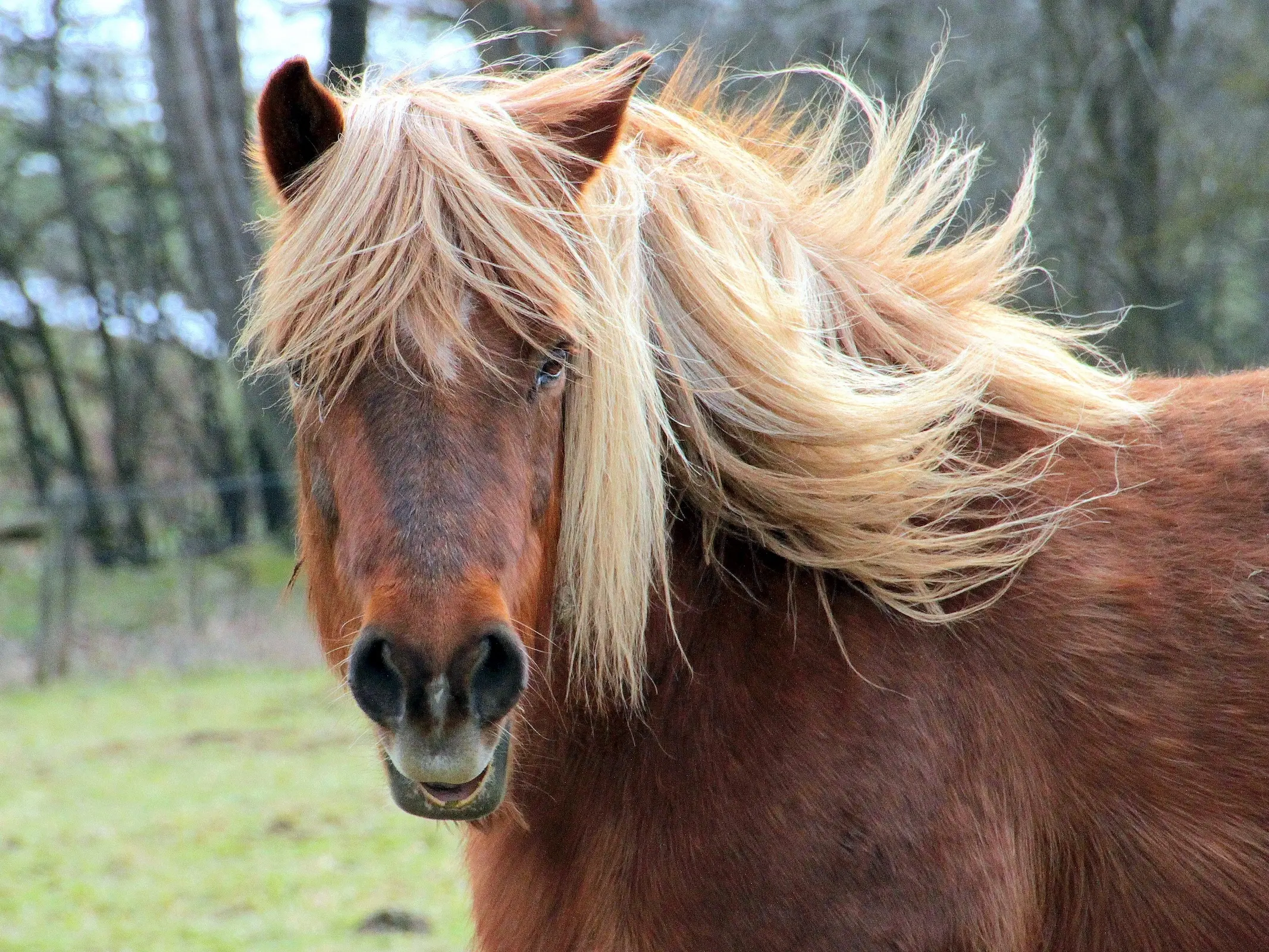 Brown Base
Brown BaseSilver has a moderate effect on seal brown, body color can range similar to silver dapple with silvery to flaxen mane and tail.
Silver Modified and Diluted
Silver can pair nicely with several of the modifiers and dilutions, adding its glamour to some of the decidedly less glamorous colors.
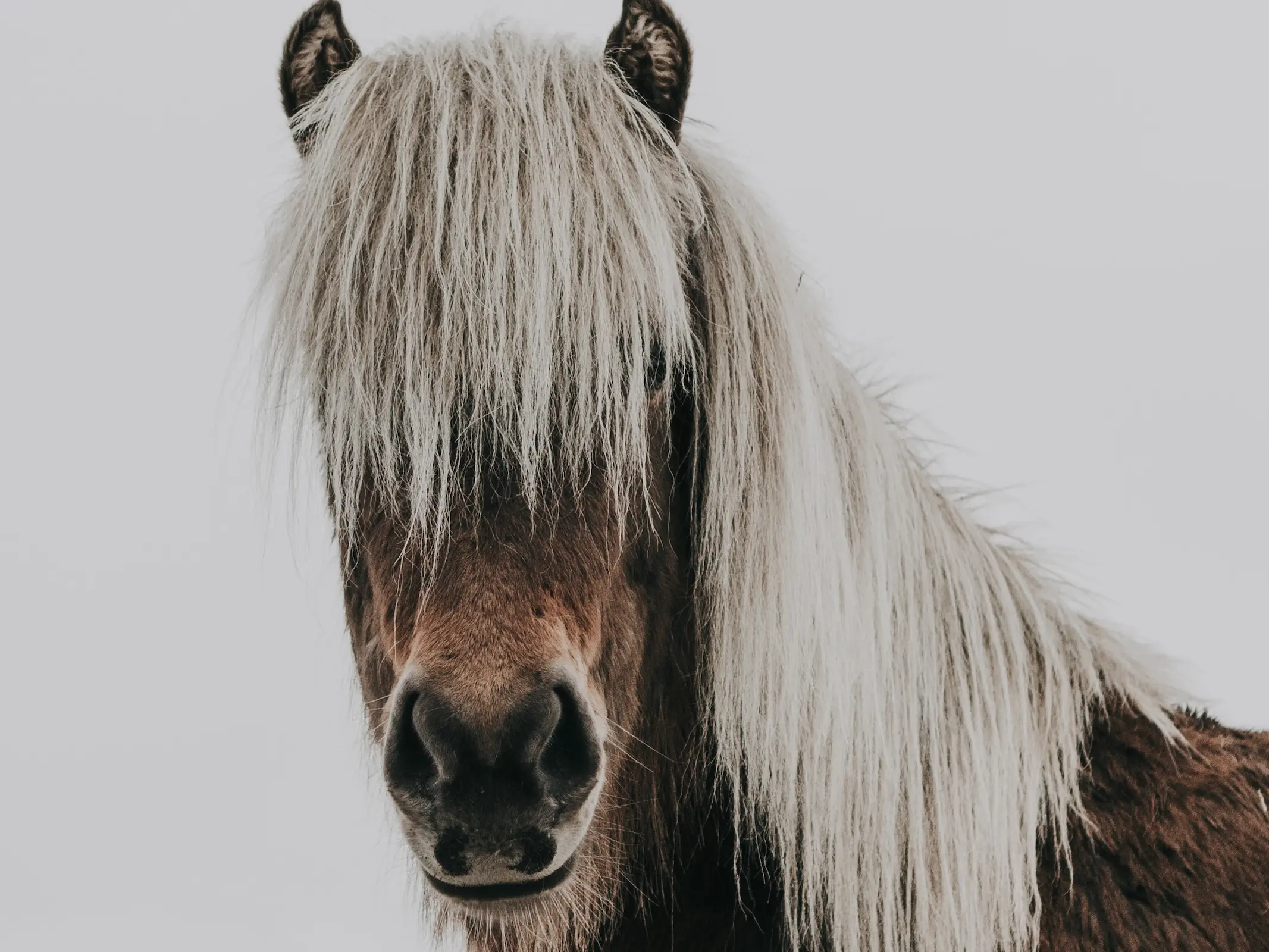 Mealy Modifier
Mealy ModifierA rare combination, silver may mask pangare characteristics, but only affects black hairs, creating even more colorful results.
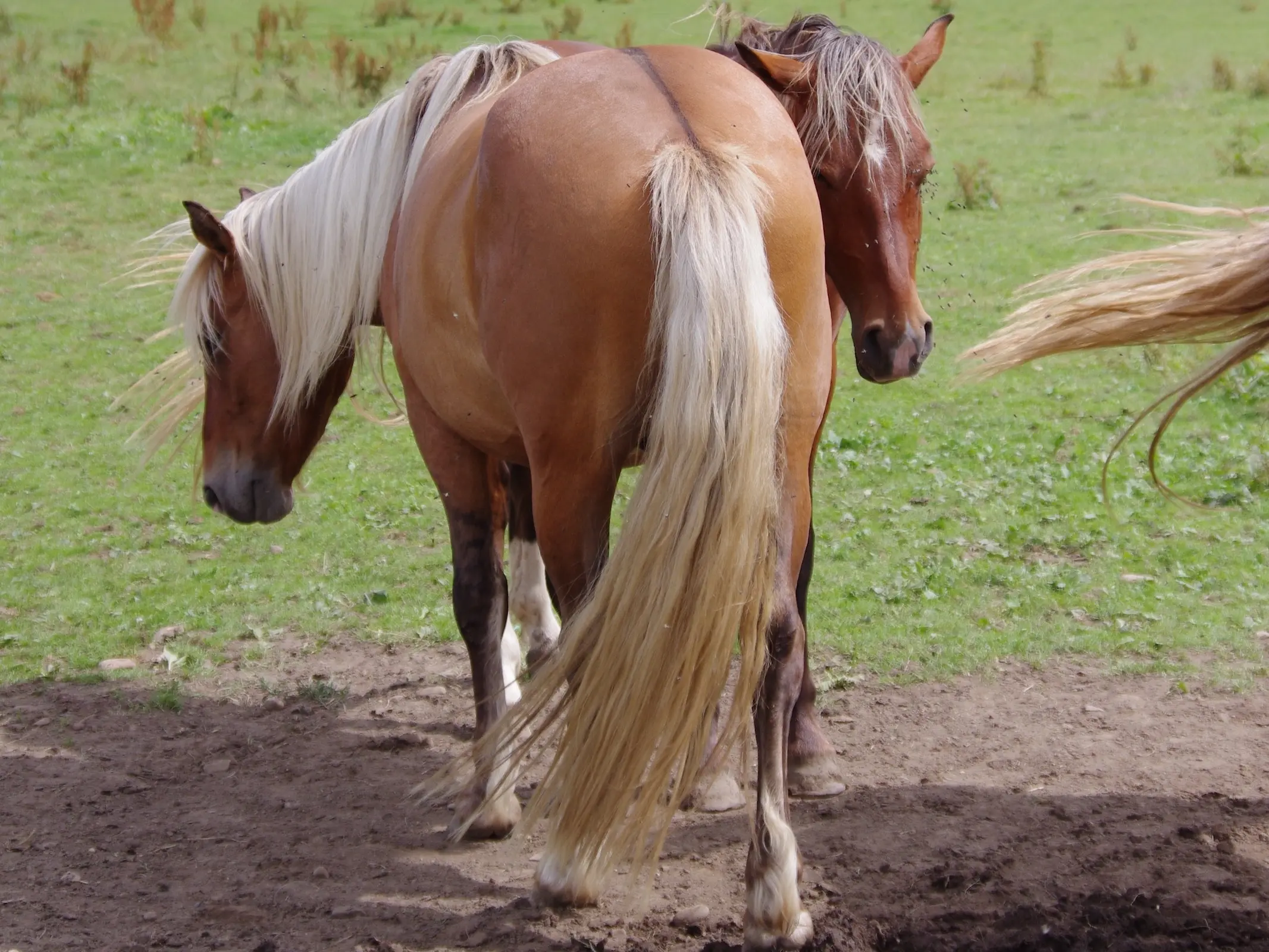 Dun Dilution
Dun DilutionAlso rare, silver lightens the dark points to brown on a dark dun bases and will have a further affect on any black body hairs.
White on Silver
While not the rarest, silver animals are not extremely common in the equine world. The spotted versions of them are even rarer, but absolutely stunning in their variety. Silver white patterns aren’t always obvious and may be mistaken for other colors, but they can be absolutely fabulous.
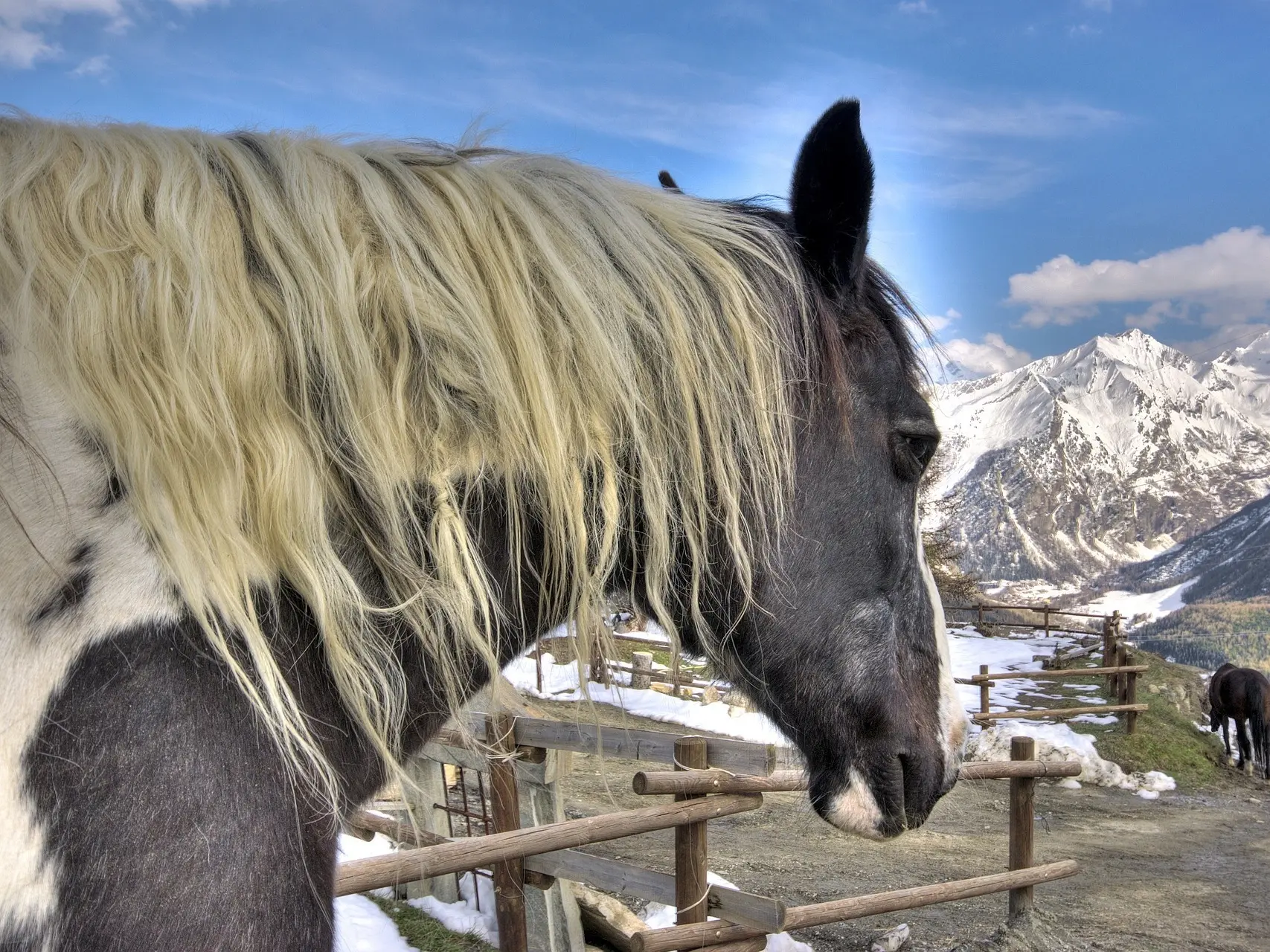 Pinto
Pinto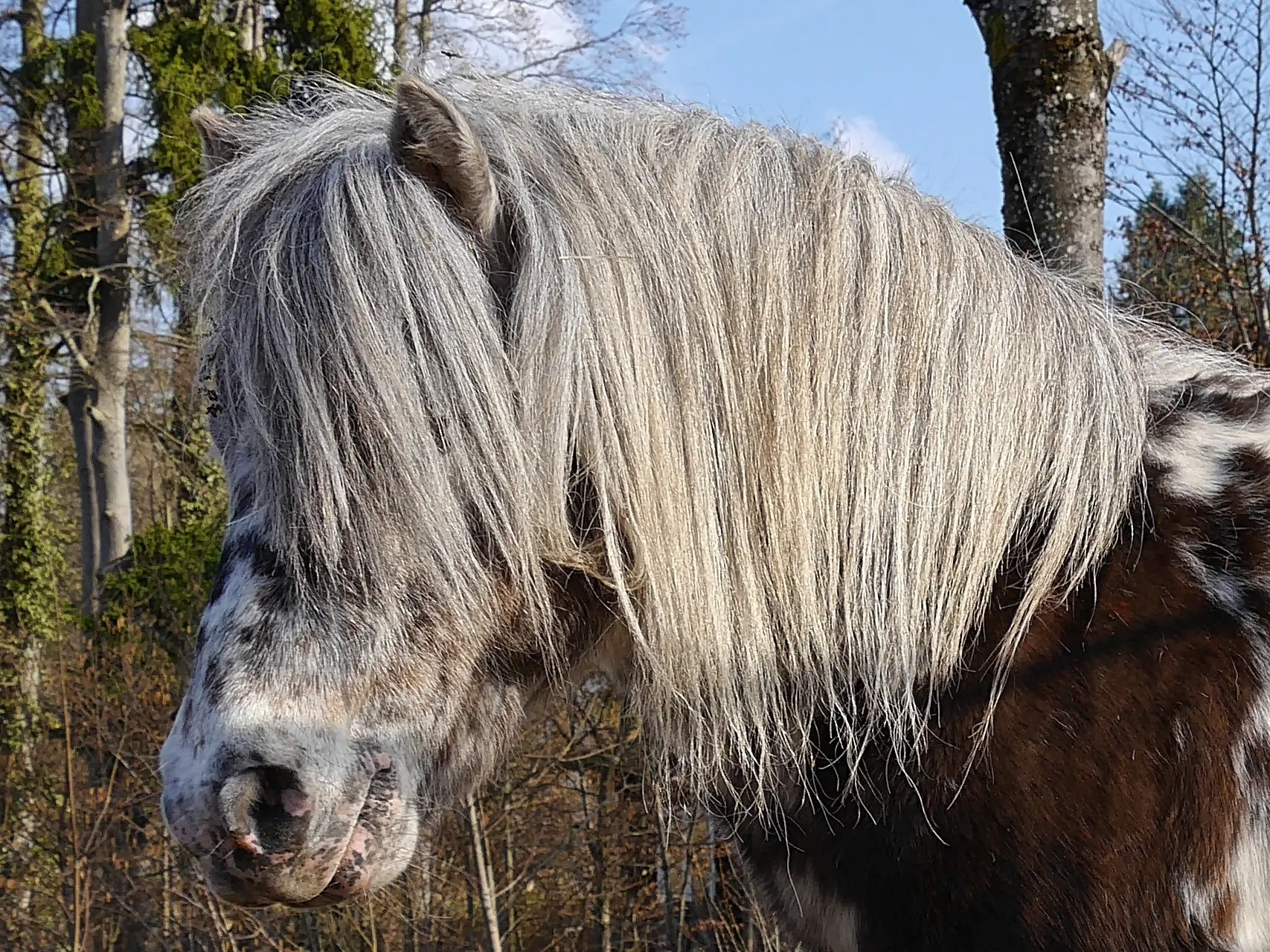 Appaloosa
Appaloosa